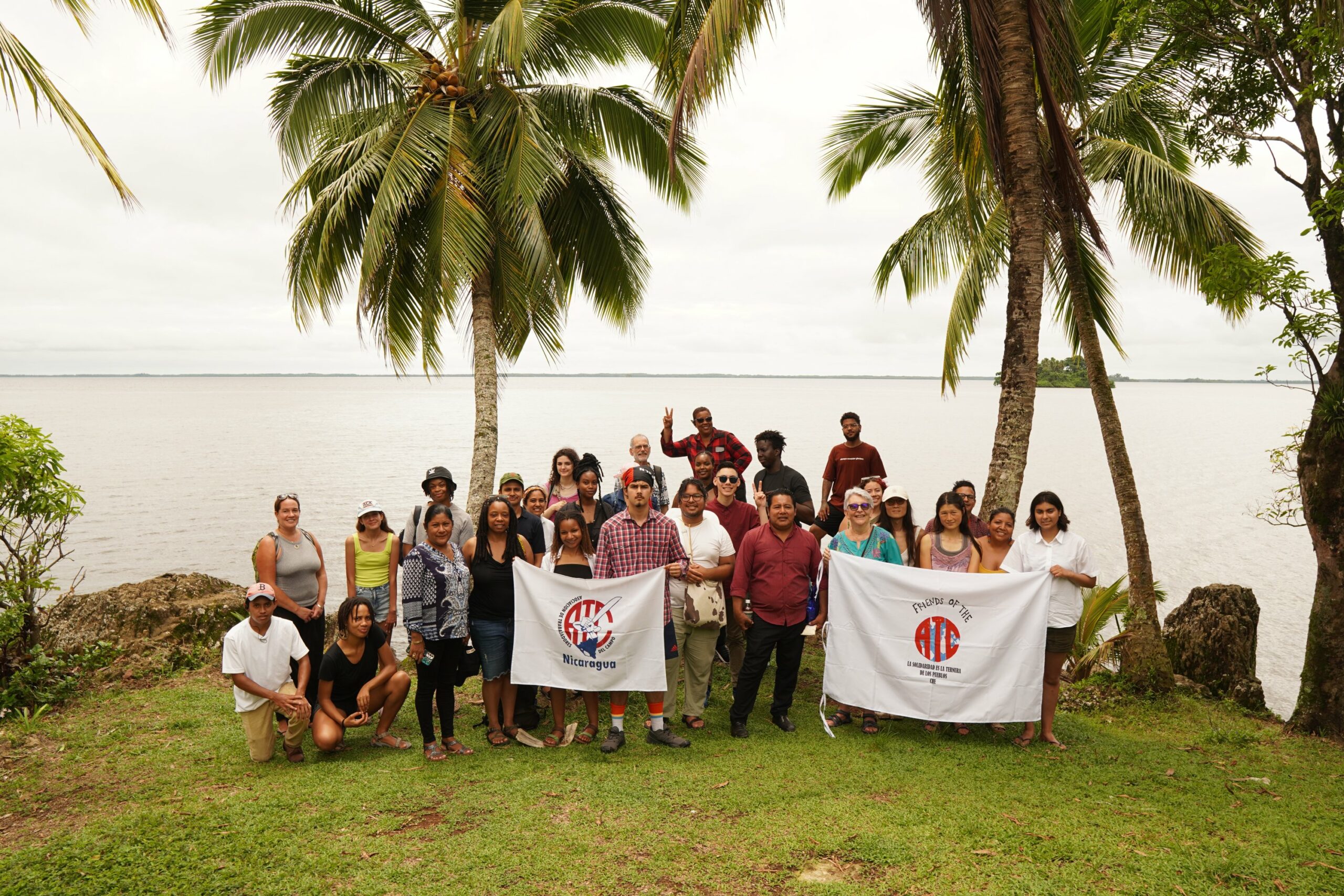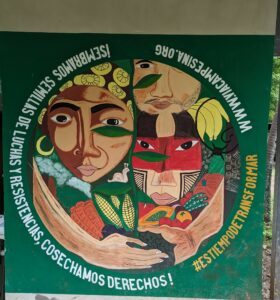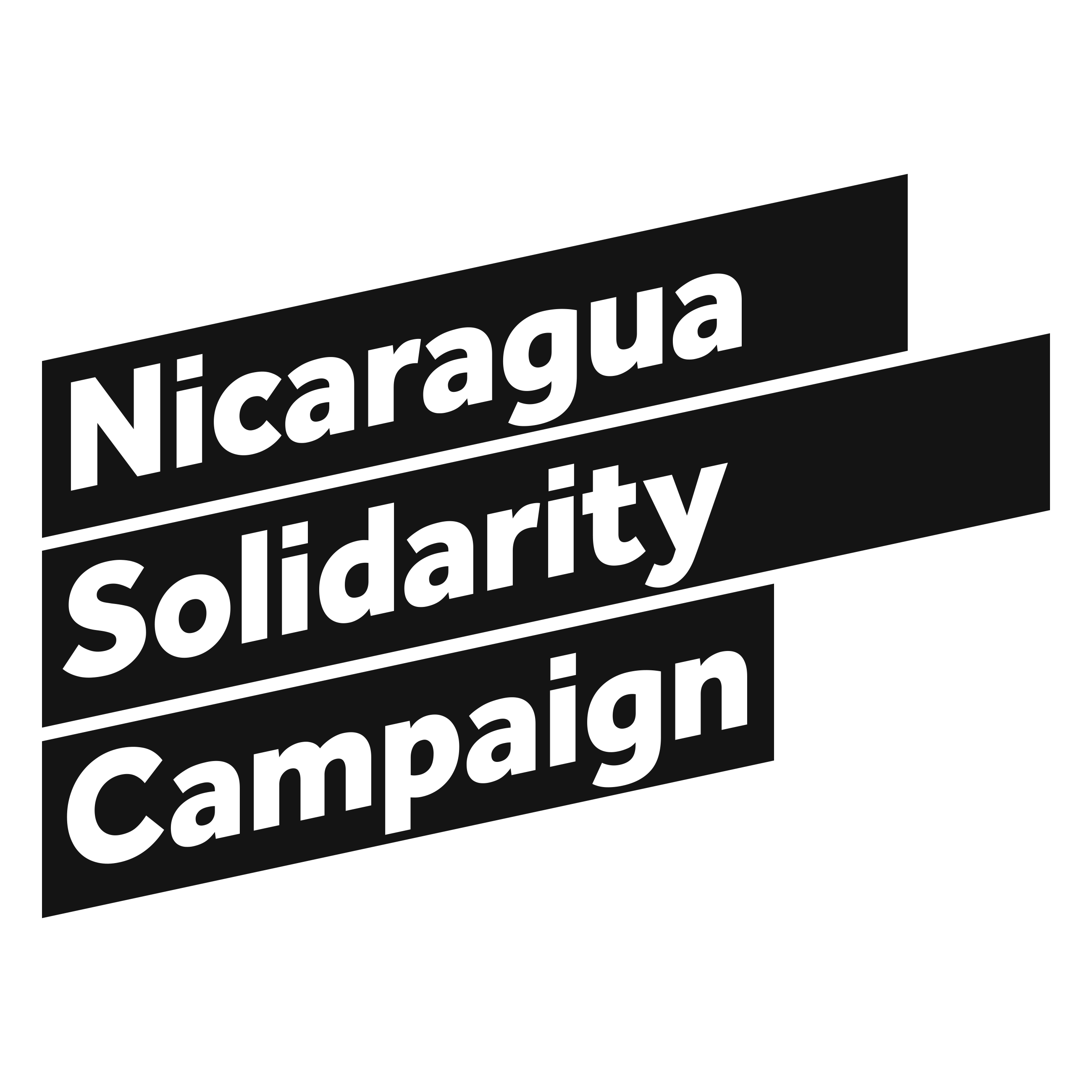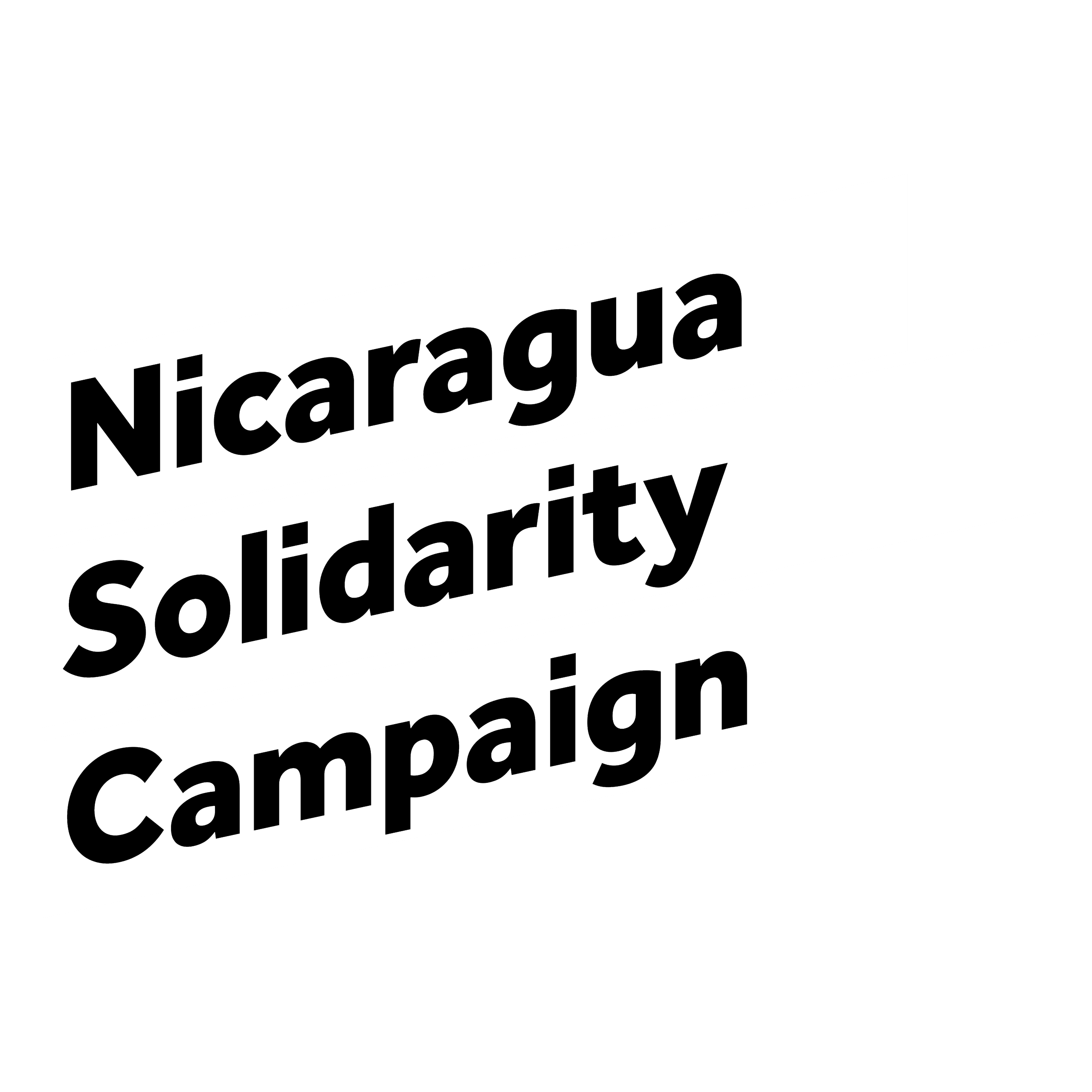
Including the excluded: the revolution on Nicaragua’s Caribbean Coast
Nirad is 24 and a member of the abolitionist coalition No More Exclusions who works with primary schools and trainee teachers in Birmingham. He writes about his experiences on a Friends of the ATC delegation to the Southern Caribbean Coast autonomous region in June 2023.
I was part of this delegation because I was interested in learning about how people in the Caribbean, as part of a wider ongoing revolutionary process, were challenging the historical conditions of poverty, illiteracy and hunger.
The delegation was particularly notable because we were 25 mostly young activists and organisers from African, Asian and Indigenous communities in our own countries, almost all from the US, some with existing connections of solidarity with Nicaragua through Friends of the ATC. Our activities took place wholly outside of the capital Managua.
In under two weeks we travelled from one coast to another and back again, by coach, boat and plane visiting communities that reflect the diversity of the Southern Caribbean Coast. During our stay we met with politicians from the five different levels of government in the *autonomous region.
The government has an express policy of inter-culturality involving community control of land titles, multilingualism in the education system, and protection for historical relationships with the environment It is a strong tonic for anyone used to the politics of co-optation and demobilisation that multiculturalism has represented in England for the past few decades.
The highlight of the trip was to see the ongoing developments in the education system across all levels and communities and the involvement of the same communities in that process.
For two days we visited IALA (Latin America Agroecology Institute) Ixim Ulew, an agroecological university for the youth of peasant organisations that exists as part of a Latin American network of institutions which began in Venezuela. There we met young students from cooperatives and other organisations from Central America and the Dominican Republic who are doing two-year degrees in agroecology to improve production and entrepreneurship in their communities.

‘We sow the seeds of struggle and registance, we harvest our rights’. Mural at IALA Ixim Ulew
One of the things that most impressed me was what the students and teachers had been able to construct on both the level of the facilities and in the relations that exist among themselves.
On our visit to the Caribbean Coast a particular shout out to Miss Deydrie Bennet the teacher at the secondary school in the Garifuna community of Orinoco! Her family a few generations back migrated from Jamaica and in addition to teaching she is also the coordinator of the neighbouring Creole community of Marshall Point and secretary of the territorial government for Tasba-Marshall.
During a question-and-answer exchange with staff and students of the school a gardener and radical organiser from Philadelphia emphasised the importance of exchange between Black people inside and outside of the imperial core. She talked about the attacks against Black communities in Philadelphia that target the land that they live on, the languages they speak and the food that they eat. This situation is relevant for Black communities in England as well as those affected British British Imperialism overseas.
If you go, make sure you bring something from your own experience for the cultural exchange. As one of the Venezuelan teachers at IALA explained: it is important for the ideological development of our students that they know what young people in other places in the world are doing.
* In 1987 the Sandinista government autonomy Law was approved recognising of historical rights for the pluricultural, multilingual Caribbean Coast.
Another opportunity this time to visit both northern and southern autonomous regions 24 January – 1 February 2024 organised by Casa Ben Linder Tours

